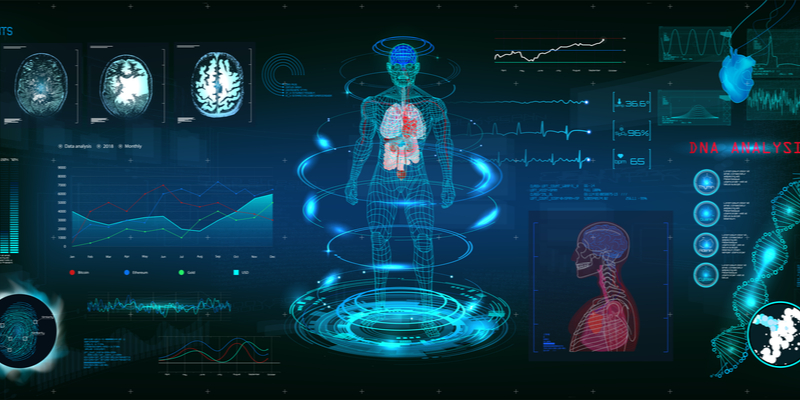
What does the future of human evolution look like? According to MIT physicist Alan Lightman, that future is can be found in technology, more specifically, the advances in science and technology that he says are causing us to evolve into an entirely new species, part person, part machine. He calls this new species “Homo Techno.”
In an interview with Religion News Service, Lightman had this to say:
Homo techno is a creature that is part human and part machine. We’re already evolving to that point. It’s possible to put electrodes and computer chips into a human brain and have a person be able to control a robot arm by pure thought. I think at some point we will have computer chips in our brain that connect us directly to the internet, a frightening possibility.
When we have these devices that do things far faster and differently than the natural human brain, we’re going to be another species. Already, with our smartphones, the way people relate to each other is different than 25 years ago. Even though the smartphone is external and it’s not quite Homo techno, it’s the same kind of thing. Technology is changing who we are and how we relate to the world.
The idea of human augmentation via technology has been around for a far longer time than we might think. Some advocates have argued that there is no fundamental difference between using a rock to crack open bones to get at the marrow inside, and implanting a microchip in your hand that lets you unlock and start your car. Both the rock and the microchip are tools that make it easier for us to do the things we need to do to in our daily lives.
“Since the first humans picked up sticks and rocks and started using tools, we’ve been augmenting ourselves.” The tools have simply gotten smaller and less cumbersome to use. “That has always been the trend, and that will continue to be the trend. From rudimentary objects like rocks and sticks, through forged steel and circuit boards, and onward to gene therapies – the common thread is transhumanism; to constantly and fundamentally transform the human condition.”
For his part, Lightman is particularly interested in asking how this might change our humanity. What about ethics and sense of dignity? How might this change the way we think about ourselves? He explores these issues in a three-part public television series that premiered in January. You can watch it here.
We’re going to take on those questions as well in our discussion this week. But we’re also going to wrestle with more fundamental issues. Does this changing of the human species via technology frighten or excite you? What are some of the religious and moral implications to this evolution? If the future is one in which we more and more become a melding of human and machine, what essential qualities of our humanity will we most want to preserve?
Join us for the conversation this evening beginning at 7pm at Casa Real in downtown Oxford.